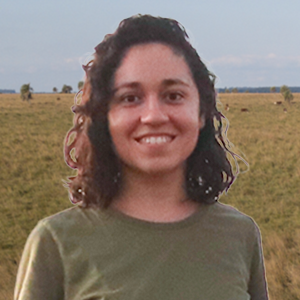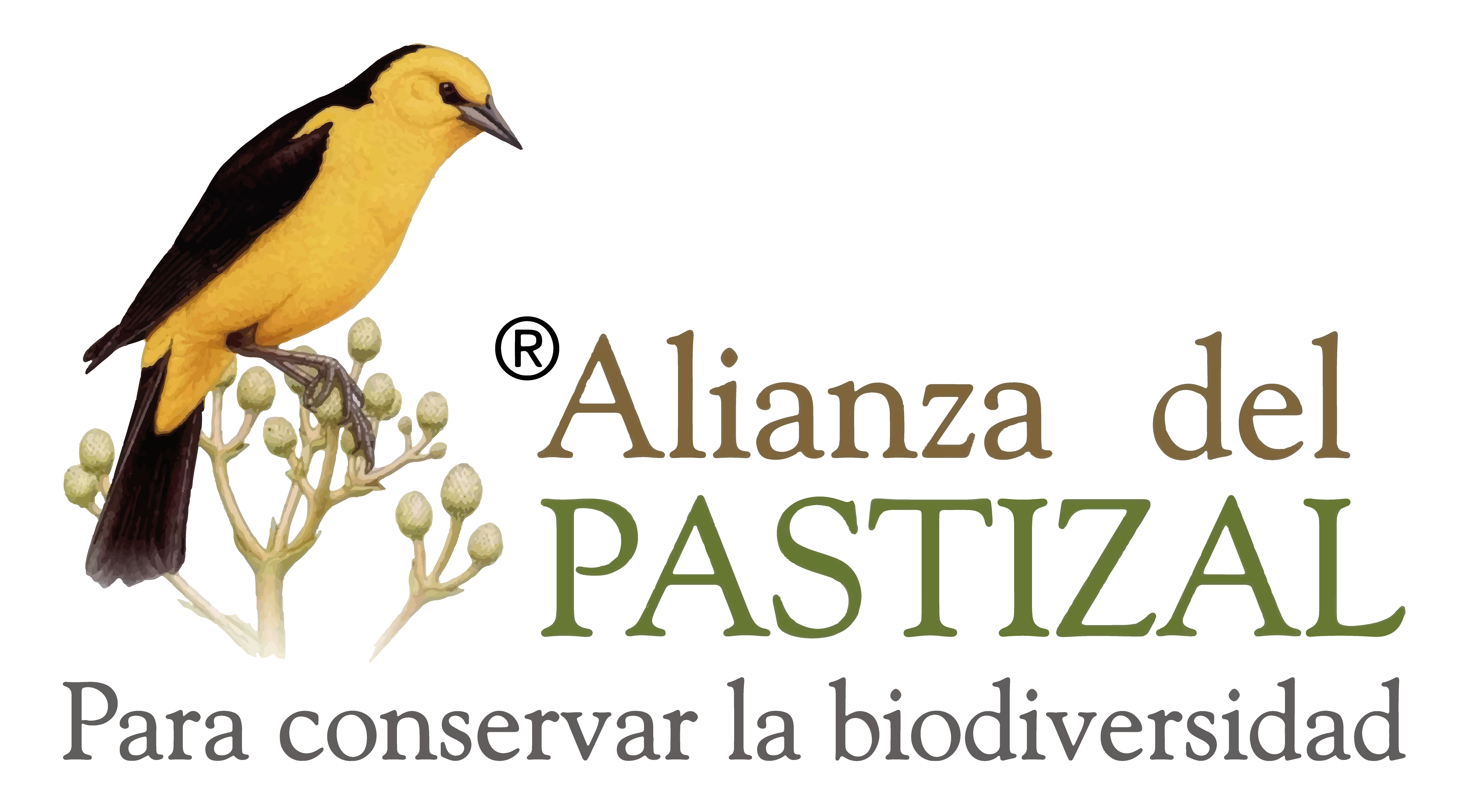Grasslands Alliance
We manage the natural grasslands of the Southern Cone in a sustainable manner to conserve and recover their biological, economic and cultural heritage.
Conservation and sustainable production
We are a team of conservationists, producers, academics, researchers, government representatives and entrepreneurs with more than 15 years of experience in the protection, restoration and sustainable use of grasslands.
Our impact
*Of all globally threatened grassland bird species, at least one has been recorded in one of the Alliance fields.
Produce to conserve
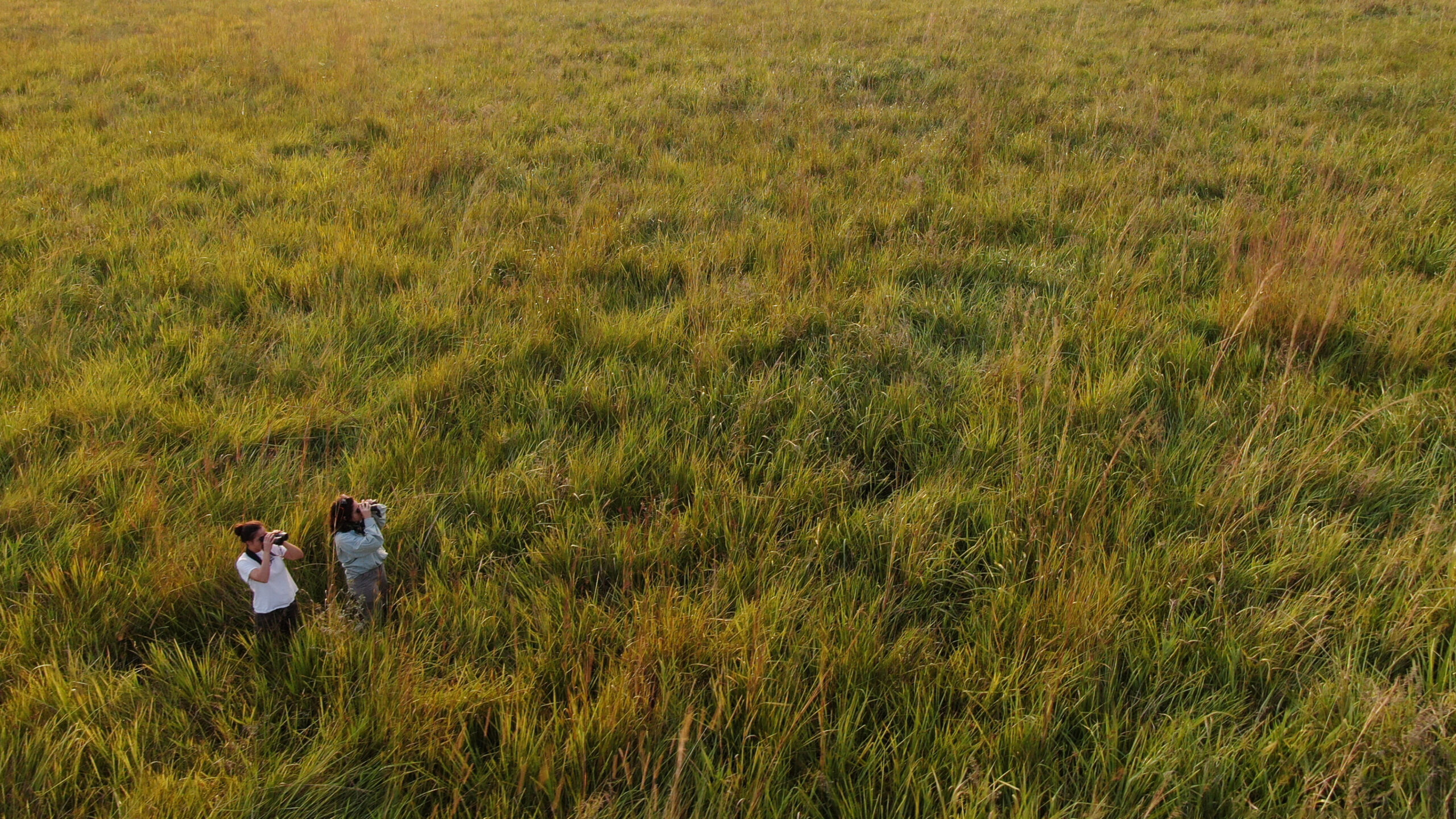
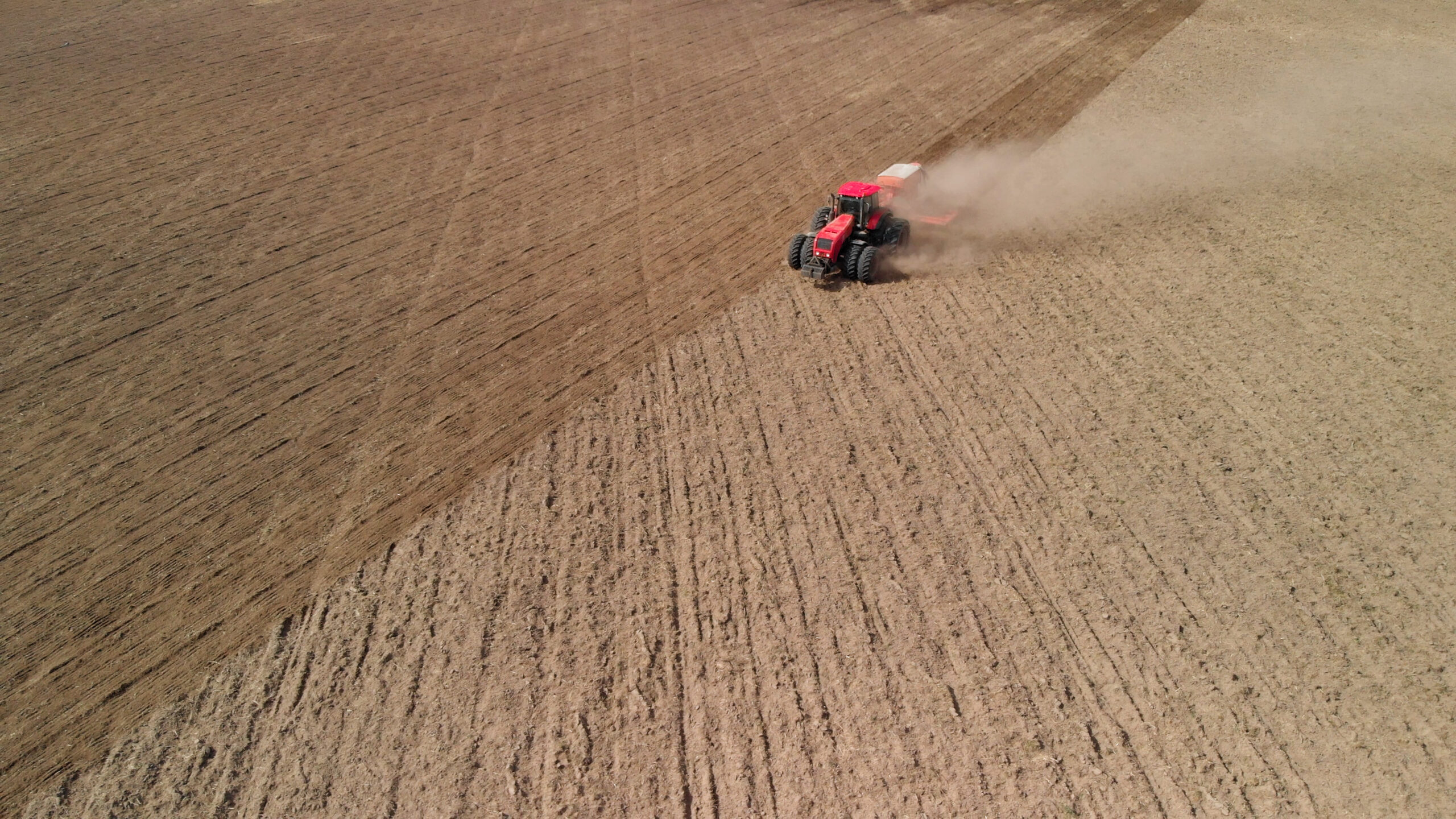
Approximately 95% of the remaining rangelands in the Southern Cone are in private hands with a strong historical and cultural livestock tradition. Grazing is intrinsic to the ecology of these ecosystems. Like most grasslands worldwide, there is some evidence that the grasslands of this region have also evolved in the presence of herbivory, fires and periods of drought, which is reflected in the adaptations of the vegetation to these disturbances. This legacy generates great opportunities for conservation and sustainable production.
However, market incentives and government subsidies encourage producers in the area to implement extensive agricultural monocultures, mainly soybeans, corn and wheat, as well as forestry plantations with exotic species such as pine and eucalyptus due to the need for quick income. These practices eliminate natural pasture cover, favoring processes of water and wind erosion of the soil. This results in an irremediable loss of biodiversity and ecosystem services.
Given this reality, it is crucial to implement responsible and environmentally sustainable grazing practices. Otherwise, the intensification and expansion of productive practices under inadequate management could lead to the disappearance of these ecosystems.
Sustainable production conserves biodiversity, unsustainable production extinguishes it.
OUR STRATEGIES
- Sustainable pastoralism
- Capacity building
- Sustainable meat production and fair trade
- Environmental certifications
- Grassland conservation
- Financial incentives
- Ecosystem services
- Carbon credits
- Monitoring and research
- Ecological restoration and prevention of species extinction
- Creation of protected areas
Sustainable pastoralism
We employ adaptive grazing practices that respect and adjust to the characteristics of the pastures and their biodiversity under conservation and production standards.
Capacity building
Continuous improvement is our compass. We train products to optimize their production processes.
Sustainable meat production and fair trade
Our sustainable meat has high animal welfare standards. In addition, it protects 50% of the total native grassland area and is sold with an added value that benefits producers, distributors and consumers. Nearly 363,900 hectares operate under our sustainable meat production protocol.
Environmental certifications
We are working on a protocol and certification and traceability scheme for environmentally responsible meat.
Grassland conservation
50% of each Alliance field must remain occupied by natural grasslands.
Financial incentives
We encourage the adoption and long-term sustainability of our sustainable production techniques through market, tax and financial incentives: better prices, tax incentives, loans with preferential interest rates, green credit lines.
Ecosystem services
Our production and conservation practices have a highly positive environmental, social and economic footprint.
Carbon credits
Grasslands are excellent carbon sinks for mitigating climate change. We employ carbon footprint measurement, reduction and compensation mechanisms.
Monitoring and research
We constantly monitor grassland birds and their vegetation to produce quality data for decision making focused on the optimization of productive practices and grassland conservation. We developed the Grassland Conservation Index (ICP), a Grassland Bird Monitoring Protocol, and we use tools to evaluate ecosystem services such as TESSA.
Ecological restoration and prevention of species extinction
We restore degraded and altered environments, using integrated criteria of biological and genetic diversity. In this way, we prevent the extinction of threatened species such as the Loica Pampeana and the Saffron-cowled Blackbird.
Creation of protected areas
We articulate public and private alliances to increase the areas destined for strict conservation.
THE VOICES OF THE FIELD
"I received this field in trust. My way of working the field will always be in harmony with nature conservation, because I want my children and grandchildren to be able to see what I knew when I was a girl."
Maggi Marin
Argentine Production Company

"I have been part of the Alianza del Pastizal Uruguay for six years and I have the honor of participating in the National Governance Board of the Alliance in my country, where I represent 200 producers from the Uruguayan Pastureland Association (Augap). For me, being part of the Alliance means being able to contribute to the conservation of rangelands, biodiversity, animal welfare, and to promote good practices of sustainable and responsible production. In short, trying to leave a better place in this ecosystem in which I live; taking care of my place of work, which is my family's livelihood, as well as making strategic decisions to improve the quality of rural producers".
Cecilia Larrechea
Uruguayan Production Company

"There is no greater challenge than to face ourselves. Our beliefs and customs. That the grasslands are much more than just the factory of our raw materials is one of these challenges. That they be recognized as a natural treasure, invaluable and unique, where some of our most endangered species take refuge, is the challenge. To conserve and produce is possible. To produce and conserve is necessary".
Pablo Grilli
Coordinator of the Aves Argentinas Grasslands Program.
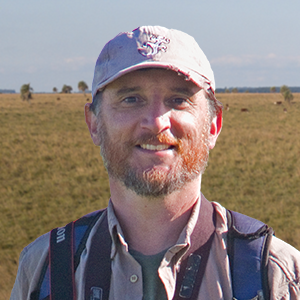
"Alianza del Pastizal is a living project that is part of the rational revolution necessary for our survival. It is a permanent holistic search that challenges us to find new balances between human development and the nature of which we are a part. We share the "uncomfortable talk" of producing in pastures to conserve biodiversity. This challenges us to evolve, investigate, relearn, share, experiment and question; always respecting projects and ways of life without fundamentalism, promoting creativity and applied research. We are part of a search for true environmental, social and economic sustainability."
Federico Jose Schäfer
National Coordinator of Alianza del Pastizal in Argentina
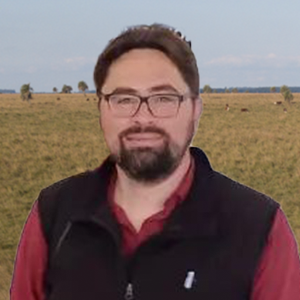
"When we work in favor of nature, the whole environment flows and ecosystems regenerate and conserve themselves. The Alianza del Pastizal brings together different profiles with a common axis: the promotion of meat, wool, milk and honey production with sustainability. The sustainable production of these products urgently needs to be valued and encouraged by society and governments. Maintaining the livestock producer, his future generations and the gaucho tradition should be the central focus of public policy development."
Daniela Schossler
National Coordinator of Alianza del Pastizal in Uruguay.
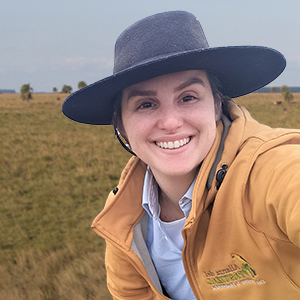
"Working in the immensity and solitude of the grasslands, we learn to love and value their beauty and invaluable richness in biodiversity, which unites in grassy blankets forming infinite horizons, where each sunrise and sunset becomes a unique spectacle. The Alianza del pastizal is a force driven by the love that livestock producers have for their land because they know that preserving these landscapes and their values, often intangible. This constitutes the most precious legacy for future generations."
Natalie Dudinszky
Grasslands Program Manager at BirdLife International Americas and Regional Coordinator of the Grasslands Alliance.
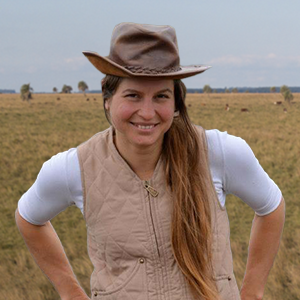
"The years that I have accompanied this initiative have transformed my traditional concepts about Paraguay's natural fields. From not very productive lands, I have come to understand their benefits for production, culture, and biodiversity. This landscape of vast plains, which for a long time was defended only thanks to its agricultural limitations, is now losing its horizon due to new technologies and the lack of knowledge about its dynamics and species. The conservation of Paraguayan grasslands represents a great challenge in the management and maintenance of the important benefits provided by this ecosystem, where livestock farming is a historical ally. It is necessary to positively value the natural grasslands, that society in general recognizes their importance because it is a unique and threatened landscape that we cannot lose".
Lorena Sforza
Coordinator of Guyra Paraguay's Rangeland Program
